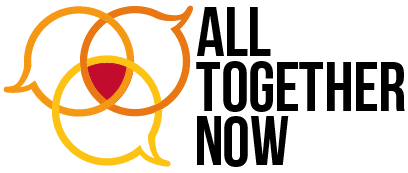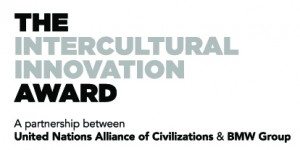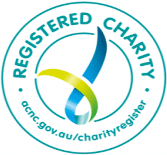Racism. Difficult to escape this term as it’s been hitting the headlines a lot recently. Is this a sign there is an increase in racist behaviours or racial abuse? That our society has converted to bigotry and stereotypes? How do we deal with racism in general? And you, where do you stand about racism in your life?
While most of us can understand and recognise obvious sign of racism, most of the time it goes unnoticed: racism can be so infused in our everyday life that we fail to identify it.
But what is racism exactly? Racism is the belief that some races are superior or inferior to others. It is expressed through attitudes, beliefs, behaviours, norms and practices and may be either intentional or unintentional.
The recent Adam Goodes affair shows that racism is more than an ugly word. It does have consequences, such as psychological pain, health problems and economic loss for the whole country; it takes courage, responsibility and respect to tackle it.
Racism is everyone’s problem. Not just the government’s problem, nor just the schools or the parents. All Together Now, the only national charity dedicated to tackling racism, recently ran a year-long project in Parramatta and asked people, “who is responsible for doing something about racism?”
There were as many answers as interviewees. We concluded that all of us have a role to play in the fight against racism. Because it is not about them and us. It’s about you and I.
It can happen anywhere, not only in sport or public transport or in the media.
Young people are not spared. The 2009 Foundation For Young Australians survey examined youth experiences of racism. 70% of high school students experienced at least one form of racism, with those from migrant backgrounds experiencing the highest levels. The consequences are real, from feeling angry and frustrated, to not feeling like you belong to the local community, to isolation and sadness, to engaging in unhealthy activities like smoking, alcohol and drug use.
Racism can take many forms, including:
- Casual racism: it’s not that you really hate people of another colour, but a good joke is harmless, right? Wrong. “Racist jokes aren’t about humour, they make the person targeted feel less than human”, ABC’s Andrea Ho said.
- Overt racism: it’s what happens when people yell racial abuse at someone else in the bus. All Together Now created a great tool to help people deal with racist events in public transport.
- Systemic racism or institutional racism: it happens when an organisation (or its policies) maintains an environment that is unfair, Professor Houston explained. In schools, this can be treating minority students as if they are representative of stereotypes held about their racial/ethnic or cultural groups, or having lower expectations of minority students’ academic abilities.
The commonality among all these forms of racism is to destroy our connections as human beings living together in the same country. Is there really more racial abuse, racist behaviours and bigotry in our Lucky Country? Or is it mostly sensationalism fuelled by the media and commentators?
There is no single answer. But while it is true that Australia has come a long way since the 1967 referendum that recognised Aboriginal and Torres Strait Islander people as citizens, there is no cause to say that “racism isn’t a big deal”; it is pointless to keep commenting on whether or not Australians are racist. It’s time to acknowledge that – as quoted in Charlie Pickering’s own words –
“as a nation we believe that race should not determine your place, your prospects or your standing in society.”
Unless we do this, it is no wonder that a 13-year old uses racist slurs without fully understanding them; no wonder that an experienced journalist “loses the control of his tongue” and says something unacceptable; that young people having experienced racist comments admit “I have been guilty of racist thoughts and speech myself”, as expressed by Benjamin Law.
Our society is not only shaped by the media, but also by our debates and young people have an important role to play. We all have the means to reduce racism.
The first step is to acknowledge it, to say something, to take a stand against racism. When we start taking action, we will be able to change our country for the better. And stop talking about “them”, or “the others”, but embracing the diversity of our rich culture.
A version of this article was first published on Vibewire on 12 June 2013.



